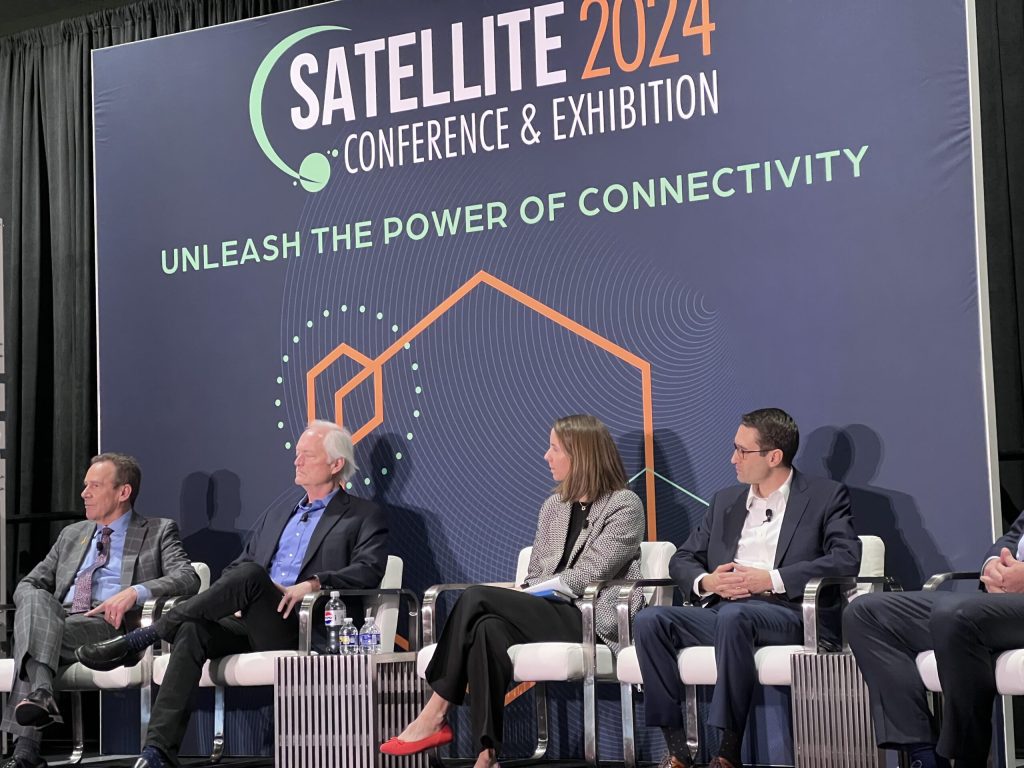Capella Space, which makes and runs synthetic aperture radar (SAR) satellites to take pictures of the Earth, is focusing on selling its products to countries outside the U.S. Although the U.S. government is still a major customer, Capella Space CEO Frank Backes mentioned that international governments are becoming increasingly important for the company's growth.
Although the U.S. government has been Capella Space’s primary customer for the satellite images produced by SAR satellites, Frank Backes stated that the Japanese government has now become the second-largest customer for SAR data from the company. SpaceNews.
The company is also seeking opportunities to construct SAR satellites for the United Kingdom and the United Arab Emirates. Both of these nations want to buy satellites that they can operate independently and integrate into their national space systems.
“Many governments around the world are interested in developing and owning their own space capabilities,” Backes stated. He also added that they see the advantage of being able to control commercial radar satellites themselves.
Based in San Francisco, California with additional locations in Louisville, Colorado and Washington, D.C., Capella specializes in small satellites equipped with SAR sensors that can see through cloud cover and darkness. Backes, who used to work for Kratos Defense, became the CEO of Capella in October.
U.S. government supporting industry
Notably, Backes mentioned that the federal government has supported the company’s efforts to secure contracts from foreign countries, as part of a wider effort to help U.S. companies compete globally.
“The U.S. government has been very supportive of our efforts to sell internationally,” he stated. He added that they have been working to simplify processes such as remote sensing licensing and export control reviews to support American companies in foreign purchases.
Backes mentioned that several foreign governments are turning to private companies to quickly deploy advanced Earth observation groups instead of spending a lot of money and waiting for decades to create their own satellite systems.
Just recently, the government of Indonesia awarded contracts to Thales Alenia Space and BlackSky to create a dedicated Earth observation group for the Indonesian Ministry of Defense, combining radar and optical sensors on commercial spacecraft.
For budget-conscious governments, according to Backes, it’s a desirable method to implement modern space-based reconnaissance without the high cost of traditional acquisition programs.
Increasing production
In addition to its data services, Capella is aiming to take advantage of its satellite manufacturing capabilities to attract new customers in the global market. The company currently has a group of three to four synthetic aperture radar satellites in space at any given time, regularly replacing the orbiting fleet.
“We have the ability to essentially build a satellite every two months,” Backes mentioned. “We plan to launch four to five more satellites this year alone.”
However, that’s only a small part of what Capella’s factory in Louisville, Colorado can handle. The facility can increase its current production rate by two or three times.
“That’s definitely our goal — to produce more Capella satellites for various missions and clients,” Backes stated.









